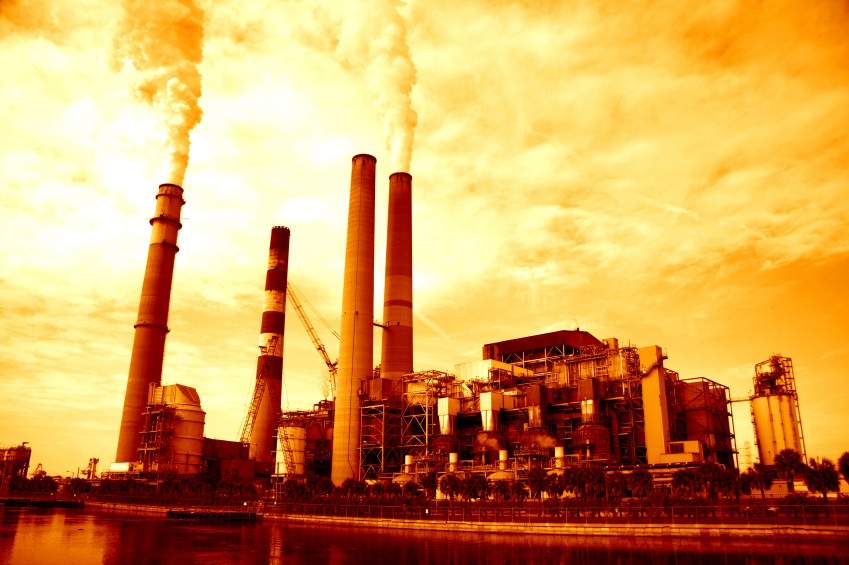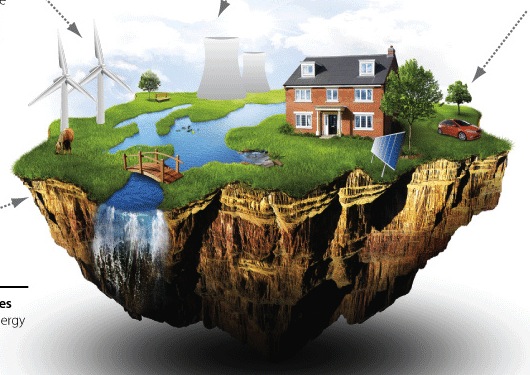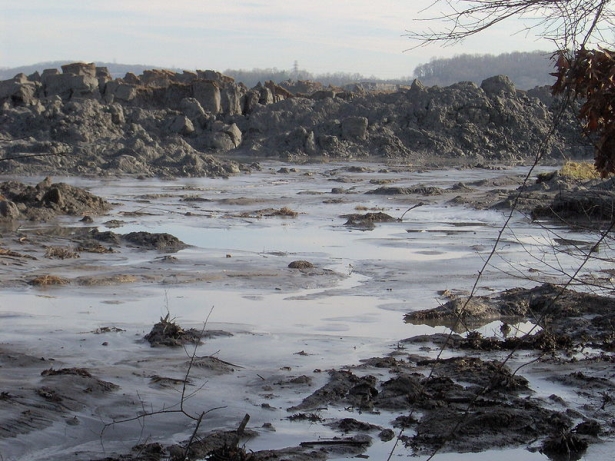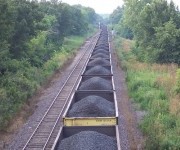Climate Energy
All Stories
-
Don’t run with green scissors
A new "Green Scissors" report proposes to trim government spending by eliminating "subsidies and programs that both harm the environment and waste taxpayer dollars."
-
Out of jail, and more in awe of MLK than ever
Those of us protesting the tar-sands pipeline in Washington, D.C. prove that civil disobedience is not history in America -- a living tribute to King's legacy just in time for the dedication of his memorial.
-
U.S. coal goes to China
OnEarth takes a close look at why exactly Warren Buffett has been sniffing around Wyoming coal mines lately. Short answer: China wants coal. As George Black explains:
Although worldwide energy-related CO2 emissions rose more last year than at any time since 1969, and the use of coal grew faster than that of any other fossil fuel, U.S. demand has actually flatlined. In 2000 coal accounted for just over half of our electricity supply. By 2010 it was down to 45 percent. …
Asia is a different matter. … -
Here's the video that will convince you to go to the tar-sands protests [CORRECTED]
If you're not out getting arrested at the protests against the Keystone XL tar-sands pipeline, we get it! Not everyone is Tim deChristopher, and that's not the only valid way to take action. But if you're on the fence about whether to head down to D.C. and get your civil disobedience on, this video might […]
-
How to make a 100 percent energy-independent island
The Danish island of Samsoe is 100 percent energy self-sufficient, and even generates enough energy to export some back to the mainland. How’d they manage that? Well, it doesn’t hurt that there are only 4,000 people living on Samsoe, but the place is also bristling with turbines and sports a solar plant and three biomass […]
-
Sandstorms of coal ash blanket Moapa River reservation
The Moapa River Indian Reservation is right next to the Reid Gardner Power Station and its coal ash storage ponds. Winds blow the coal ash -- a waste product that contains arsenic, lead, and mercury -- over the reservation. Residents stay indoors, because it's a like a sandstorm and they can taste the ash in their months. Even so, they have health issues like asthma and thyroid dysfunction, conditions that have been linked to coal ash.
-
Taking the suits to the street and protesting Keystone XL
I'm a behind-the-scenes climate activist who decided it's time to trade emails and meetings for front-line action against the tar-sands pipeline.
-
Why I’m marching against the tar-sands pipeline
A lifelong union member, I'm protesting the tar-sands pipeline because if labor is to have a sustainable future, it must be as a central player in the sustainability movement.
-
How to avoid a train wreck: replacing coal with energy efficiency
Utility regulations don't have to mean higher rates for consumers. Investments that enhance communities by creating more efficient, modern infrastructure result in more jobs and a more robust economy, at a fraction of the cost of upgrading old coal plants
-
Daryl Hannah joins tar-sands protest
It can be mildly annoying when movie stars get activist, because it usually just means looking sincere while wearing the ribbon color of the day. Which is why it's kind of cool that Daryl Hannah, who has never really stopped defending the environment since she came out of the ocean in 1984, is headed down to the Keystone XL protests where people are being arrested left and right.









